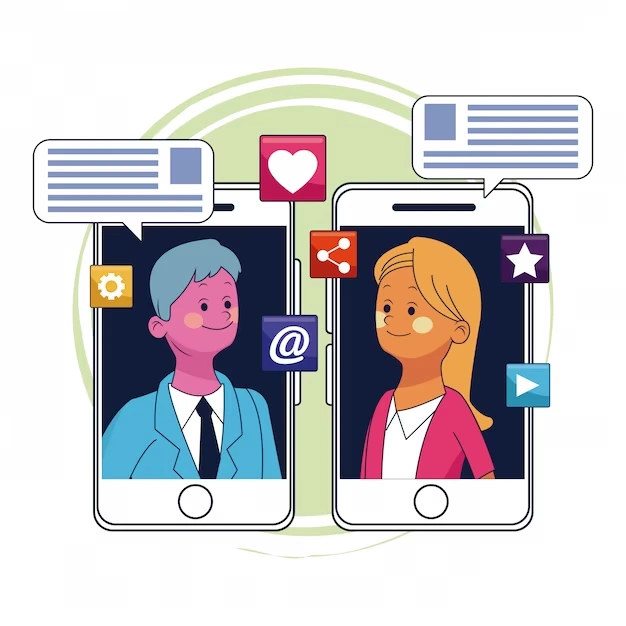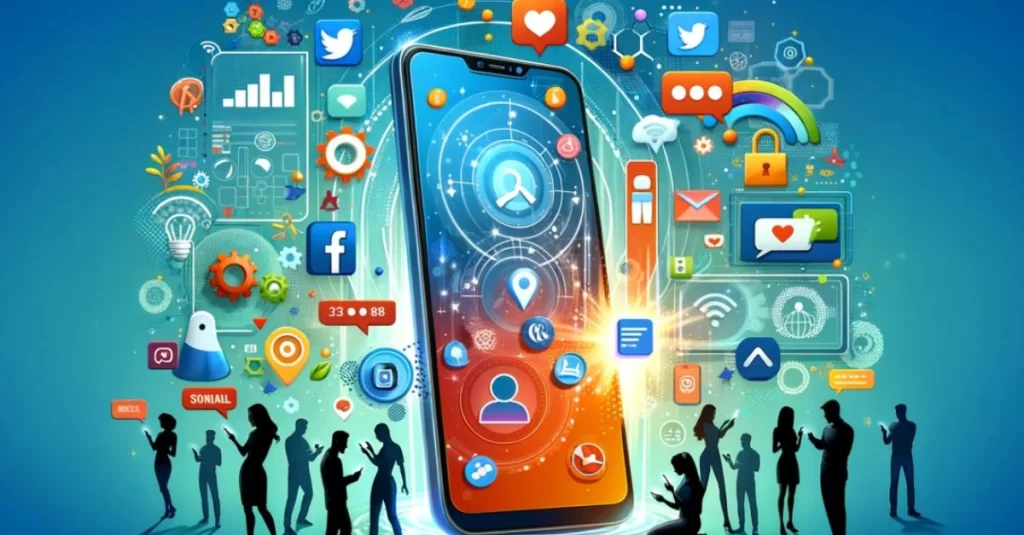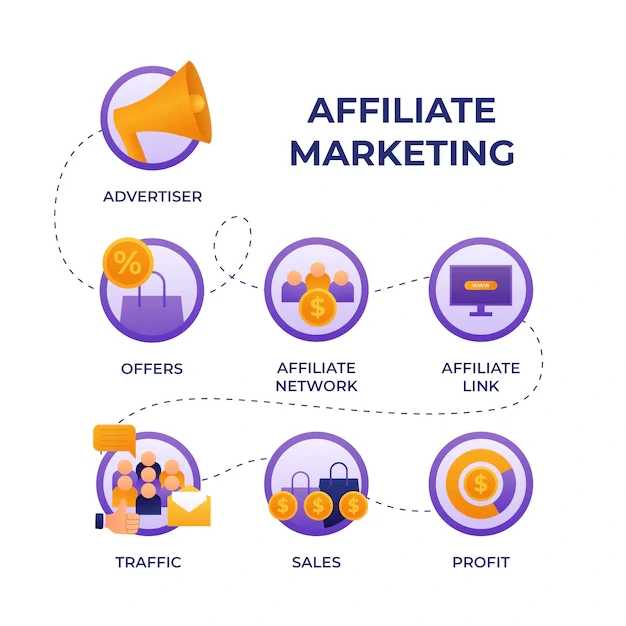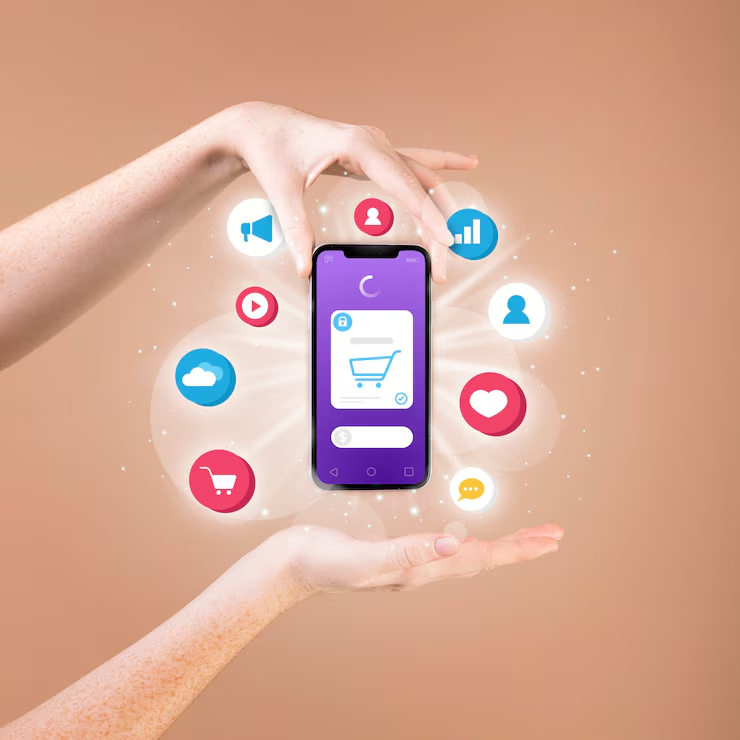Facebook and Twitter, on the one hand, can be called ridge poles in the context of social networks. They have changed the norms of communication and the habits of information consumption and social interaction.
But which is better? In the context of Facebook vs Twitter which is better, this type of inquiry has yet to have a direct solution. Everything depends on what exactly is being sought on the platforms.
Are people looking for an opportunity to connect with relatives and friends or to receive and participate in discussions? Are there any needs for digital marketing purposes, or is it possible to interact with people worldwide?
We will provide a detailed comparison of Facebook and Twitter, including their strengths and weaknesses, and find the users most suitable for each.
Ready? Then let’s start.
Analysis to Examine Facebook Vs Twitter Which Is Better
Although both are social networks in the same category, their purpose and use differ. More than 2.8 billion users visit Facebook monthly, more than 60 million pages are created, and it was founded in 2004. Facebook aims to connect people with social circles.
At this time, Twitter, which became operational in 2006, is considered the best platform for instant interaction and continuous updates, involving about 330 million users monthly. This platform is more prevalent in communication, journalism, and reporting on current events. Facebook Vs Twitter Which is better? Both platforms have their own benefits and can serve different audiences and demands.
Facebook: A Brief Overview
Facebook is a multi-functional application that lets you stay in touch with those you know. It is also a place where friends and family can share their life events, photos, and videos.
Such features include groups, events, and a very active marketplace. Although navigation within Facebook’s rich interface can be rather tricky, it creates many avenues for connecting with others and promoting business on the web.
Twitter: A Brief Overview
Twitter is a micro-blogging service best known for its 280-character limit per tweet. It connects people and allows them to talk about topics currently trending worldwide.
While its primary opponent has some protective measures against such actions, Twitter encourages them—users can freely contact strangers worldwide. Its minimalistic design makes it easy to focus on what matters—news, conversations, and sharing interests.
User Group and Overview
Both Facebook and Twitter draw in audiences that can easily be distinguished from one another. Facebook has a large fan base spread across multiple age groups, making it perfect for outreach to a wide range of populations.
On the other hand, Twitter is known for retaining many users who fall within a specific age range. Most are between 18 and 29; hence, it is a platform driven by trends and social causes.
The diverse clientele of Facebook
Facebook has a large clientele, including people of different ages and interests. It is trendy among the elderly and middle-aged, active on those platforms.
This is one of the factors that makes Facebook a crucial marketing platform for many companies intending to reach a broad target group. Its ability to cater to a range of audience scales from millennials to baby boomers who can share family pictures.
The younger audience of Twitter
Twitter has a very young audience base and is preferred by millennials and Gen Z. These users are generally fast-paced and comfortable with technology.
These young audiences also show great interest in news and entertainment tours, engaging with personalities. As a result, Twitter is ideal for brands looking to attract active users who engage actively in live events and trending topics.
Content Types and Sharing
Facebook and Twitter display broad variances in terms of content sharing tied to their design principles. Facebook is particularly better positioned to provide media content by having several ways of displaying it, which is helpful for creators who need flexibility.
On the other hand, Twitter is focused on providing and receiving short, to-the-point messages. Since users can make short updates, this has helped develop a culture where people are immediate and direct, which works well for this platform.
Facebook’s Rich Media Experience
The Facebook app offers various content, such as texts, pictures, live videos, and 360-degree videos. This variety allows users to be more innovative and broadly engage with their fans.
Users ‘ attention is retained since more casual users are likely to use the rich tools for various content requirements such as sharing, storytelling, events, or even doing projects under graphic narrations. Due to these multimedia capabilities, there is variety in the interaction and content consumption, which helps to keep the audience engaged.
Twitter’s Brevity and Real-Time Updates
Twitter is praised for its brief communication because a tweet is a 280-character image. This brevity allows people to share thoughts instantly, making it an attractive space for quick updates.
The emphasis on brief and concise content allows users to engage in conversations effectively. This is especially important for journalists or officials who want to spread messages immediately and interact with the audience.
Allowance: Providers are free to interact and participate in Self-Directed Engagement. The goal is to build and grow the community. They employ several strategies to improve user engagement and interaction and grow their communities through Facebook and Twitter.
Though Facebook is used to build more personalized and group-based interactions, Twitter is vital in encouraging people to talk about current events and hot issues.
Twitter Lists Versus Facebook Groups
Facebook Groups allow users to establish communities based on mutual interests and engage in conversations. Users control these groups, which may be private or public, and regulate access and interactions.
Twitter Lists offer a different kind of organization. Twitter enables users to assemble a feed that enriches conversations about favorite topics by placing users into lists and removing randomness.
Large Organizations, Customer Service, and Twitter
Unique networks such as Twitter provide an efficient platform for customer support. Brands leverage Twitter to address consumer concerns and respond to their inquiries quickly, which is ideal for the brand’s image because it encourages openness.
Twitter is famous for various reasons, but public conversations are the best among them. Twitter’s second and third most important features are trending topics and public discussions. Facebook is also about connections but lets the user focus more on the people rather than giving the user the whole mass interaction experience.
Usability For Marketing and Advertising
Both Facebook and Twitter provide robust platforms for advertisements and marketing. However, each platform is unique and developed for its intended purpose.
Such differences give businesses a reason to understand where to put their advertising budgets. The second factor to consider is the demographics and what the company wants to achieve.
Specialized Advertising on Facebook
Facebook’s advertising power is tremendous. In addition to utilizing many data points, marketers can segment users along many different lines, such as age, area, interests, and even behavior.
That level of accuracy allows businesses to market their products only to their audience. The company also provides even wider marketing options by offering ad types such as photo ads, video ads, and carousel ads.
Twitter’s Extent of Event and Topical Reach
Live events and Twitter have only one counterpart—the trending topic. Campaigns are time-based, meaning this platform is ideal for event-associated campaigns.
Advertising is embedded within the platform’s game-time conversations, making it easy for brands to capture their audiences when they are most active. This strategy optimizes the chances of brand messages being delivered at the right time and at the most eventful parts of the engagements, explaining why it is beneficial.
Privacy, trust, and content moderation
Privacy and content moderation are more important in social networks than anything else. Both Facebook and Twitter have issues in these areas, diminishing user trust.
Respecting user experience, safety, and privacy is the most dangerous challenge for both applications. Both applications have taken steps to tackle these concerns, but challenges persist.
Facebook’s Privacy Issues
Along those lines, Facebook has come under intense criticism regarding privacy issues. Disclosing personal information without consent and high-profile data breaches have only made people more concerned about their data.
This sentiment has affected users’ trust in Facebook and driven the application to review its privacy policy. The platform is still improving its security measures to earn users’ trust.
Twitter’s Misinformation Challenges
Over the years, Twitter has had a problem with spreading misinformation. Because Twitter is described as a real-time news platform, it is susceptible to quickly disseminating such misinformation.
Some of these strategies include enhancing the content moderation policies and practices for using information on Twitter. Twitter does, however, seek to protect the integrity of information and free expression.
Unique Features and User Experience
Every application has its own set of features relevant to the user experience. Where Twitter offers unique, seamless communication in real-time, Facebook offers diversification.
While Facebook emphasizes extensive social relations and business engagement, Twitter emphasizes brief interactions and active participation.
Facebook’s Marketplace and Events
In addition to social networks, Facebook has the operational aspect of events and markets. With Marketplace, buyers find sellers, and transactions become more accessible.
The Events feature enables mixing social interactions with offline events. Users can attend or create events. These tools deepen Facebook’s networking scope.
Twitter’s Hashtags and Threads
Twitter operates on practicality and directness courtesy of hashtags and threads. A hashtag is an easy way of following discussions by relating them to specific subjects or adding one’s voice to a different conversation.
Users use threads to combine multiple posts into one mega post for elaboration purposes. Because of these features, users can express interest in issues in depth, although the number of characters that can be used is limited.
Conclusion: Choosing the Right Platform for Your Needs
The users’ intentions and purposes determine the difference between Facebook and Twitter. Facebook is preferable for rich content, multimedia, and dense interactions.
It serves those engaging in businesses requiring a large audience and advanced marketing techniques. On the other hand, Twitter is designed for fast interactions and debate.
It is perfect for sending followers bulletins, answering questions related to customer care, and learning about pressing current events. Both have distinct advantages, so choose according to your audience and needs.
Evaluate whether Facebook vs Twitter which is better for your requirements based on their exhaustive scope and sharp, instant compactness. Choose a network that corresponds to your or your business’s goals.
Wildnet Technologies is a top-notch digital marketing firm in India. It has catered to its 4100+ clients’ social media marketing needs via our SMM services to garner more than 150% engagement and USD 10 million in revenue!
More Related Articles
- How To Download Leads From Facebook Ads Manager?
- Maximizing Revenue with Facebook Monetization Tools
- When Did Facebook Rebrand To Meta And Announce Its Plans For A Metaverse?
- Facebook Advertising: A Beginner’s Guide to Creating A Campaign
- Understanding the Facebook Ad Library Effectively
- Trending Creator Tools for Instagram and Facebook
- Facebook Lead Ads’ Major Benefits for Your Business
Faq
What do you think? Which platform has better options for audience targeting for paid campaigns?
This suggests that Facebook is the best platform for ad targeting. Facebook has sophisticated audience segmentation tactics, including demographics, behavior, and interests toward products. Twitter does not have such parameters.
Which platform is better able to deliver traffic to website links?
Twitter is effective at getting quick, one-time action. However, Facebook usually gets more website traffic because of better advertising and promotions on its platform, as it has more users.
Which platform works better in the case of B2B business?
B2B marketing on Facebook is also good, but people have been more comfortable with videos and groups on Facebook. Conversely, Twitter is also much better for real-time, in-depth B2B conversations and industry-specific communication.
Which platform does WhatsApp or Facebook have better organic reach?
Thus, Facebook’s reach is negatively impacted as posts go unnoticed. Base algorithms focus primarily on advertisements, and Twitter has much better organic reach mainly because of hashtags and trending content.
Which of Facebook or Twitter is better for managing brand reputation?
However, Facebook is better for building communities and community-based reviews. At the same time, Twitter is much better for reputation management and customer service as it is more of a real-time platform.







